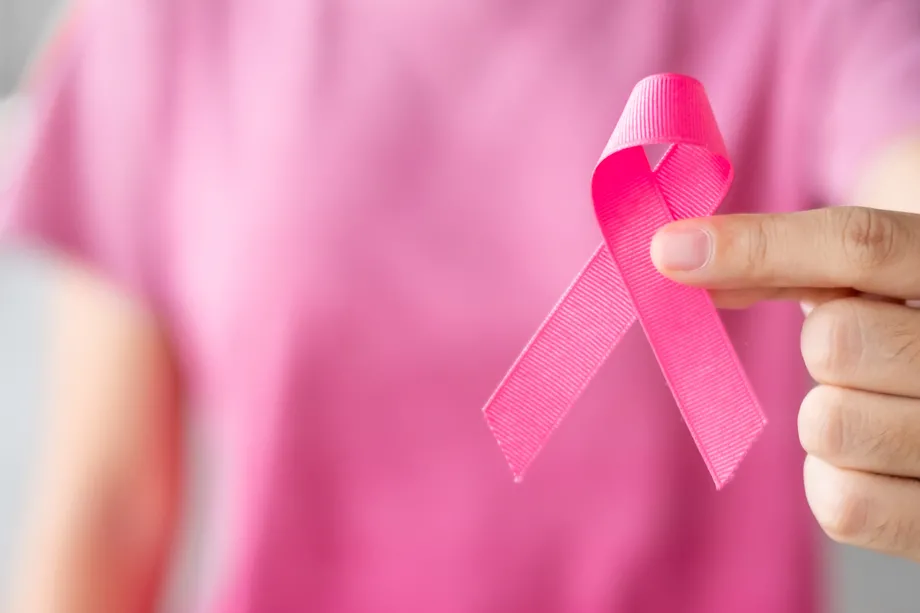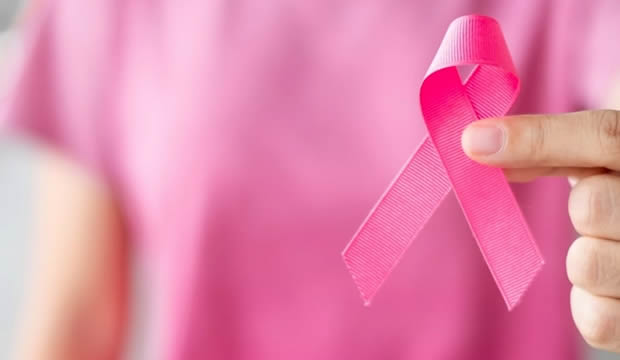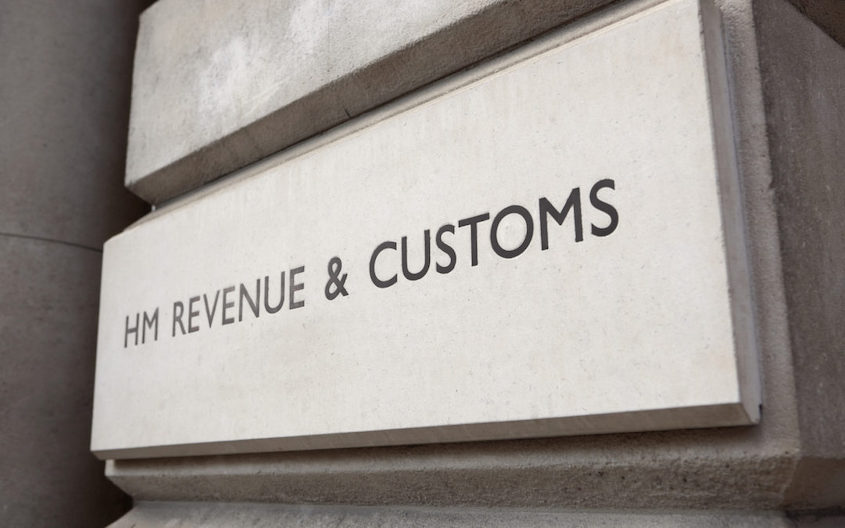October Breast Cancer Education and Prevention
This month we join millions around the globe to demonstrate our most profound solidarity with those impacted by breast cancer. It has never been more critical to talk about it and focus on providing education and promoting prevention initiatives.
According to Cancer Research UK, approximately 55,900 new breast cancer cases are diagnosed in the United Kingdom per annum, equalling over 150 beloved mothers, sisters, and daughters being affected daily.
Although the predicted survival rate of 76% is relatively significant, and 23% of the cases can be prevented, the Breast Cancer Now calculates that the COVID-19 widespread may have delayed breast cancer diagnosing of at least 11,000 British citizens who remains unaware of their condition. It is important to note that in the worst-case scenario, a late diagnosis could lead to death.
This article will discuss the breast cancer symptoms and preventive measures that could contribute to saving a life.
Symptoms and warning signs
According to Breastcancer.org, doing regular self-exams is an effective and essential method of assessment to identify the disease symptoms and warning signs at an early stage. That is especially true when combined with routine physical checkups by a physician, mammogram, ultrasound, and MRI.
When doing the self-examination, you should look for the following signs:
- A breast lump
- Either armpit lump or swelling
- Skin dimpling, puckering or bulging
- A position shifted or inverted nipple, i.e. a nipple that is pulled inside rather than protruding
- Swelling, redness, rash, or soreness
- Chronic breast soreness or discomfort (uncommon symptom)
You should notify your doctor if you notice a lump or any of the signs or symptoms mentioned above. However, do not despair if you suspect you have a breast lump. It is common for many women to have lumps or lumpy regions in their breasts, which in most cases, turn out to be benign lumps, not cancer. A variety of factors may cause this type of lump, including natural hormone imbalances, a mild breast disease, or an injury.
How to minimise your risk
Whether you are worried about getting breast cancer, you may be asking if you can take any preventative measures. Certain risk factors such as family background are unavoidable. However, making the following lifestyle modification may reduce your risk:
Consume alcohol in moderation
Alcohol use increases your chance of getting breast cancer. The usual advice is to restrict oneself to one drink per day since even modest quantities can raise the risk.
Keep a healthy body weight
If your body weight is healthy, make an effort to maintain it. If you need to reduce weight, speak with your doctor about appropriate ways to do that. You may also reduce your daily calory intake and gradually increase your physical activity.
Maintain an active lifestyle
Physical exercise may make you healthier, thus reducing your risk of developing breast cancer. Healthy individuals should aim for at least 150 minutes of moderate aerobic exercise or 75 minutes of intense aerobic activity each week, in addition to strength training twice a week.
Breastfeed for extended period
Women that breastfeed for a more extended period may increase the level of protection against breast cancer.
Postmenopausal hormone treatment
You should keep this type of treatment to a minimum because of its association with increased breast cancer risk. Consult your physician about the dangers and advantages of hormone treatment.
Maintain a healthy diet
Consuming a nutritious, healthy diet may help reduce your chance of developing not only breast cancer but other kinds of cancer, as well as diabetes, heart disease and stroke.
Birth control tablets
Hormonal contraception, which includes control tablets and IUDs that release hormones, has been linked to an increased risk of breast cancer. However, the risk is believed to be extremely low, and it diminishes after ceasing intake. Consult your doctor about your contraception choices.
Critical illness insurance
You may also want to consider putting in place a critical illness insurance policy with breast cancer and other comorbidities coverage. These policies are affordable and should give you more peace of mind should the worst happen.












Leave a Reply
Want to join the discussion?Feel free to contribute!